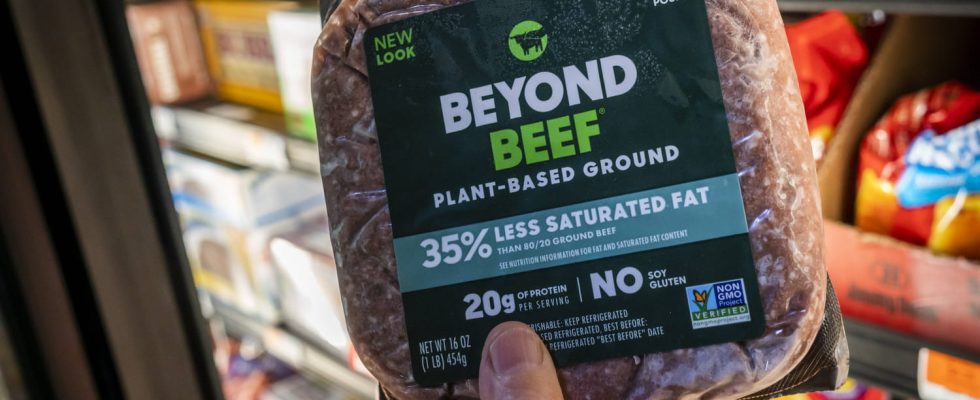A new government decree reviews the nomination of products of animal and plant origin.
Meat consumption is one of the most important subjects in the context of protecting the environment. Meat production is one of the particularly polluting sectors. Animal breeding, particularly cattle breeding, is one of the sectors generating the most greenhouse gases, a gas which actively contributes to global warming, much more than CO2. According to the FAO, the Food and Agriculture Organization of the United Nations, livestock is responsible for 12% of greenhouse gas emissions worldwide. This sector also plays an important role in the problem of deforestation. Indeed, livestock farming requires growing more cereals and legumes in order to feed the animals, in addition to the portion reserved for human food.
This is why it is increasingly recommended to reduce your meat consumption and favor alternatives. According to one study from the Réseau Action Climat collective published on February 20, 2024, reducing its meat consumption by 50% would allow France to achieve its objectives in the fight against global warming. An observation which comes in a context where meat consumption in France has been increasing slightly for around ten years, as the study highlights. To cope with this, plant-based alternatives are gaining an increasingly important place in supermarkets. Indeed, in recent years, plant-based “steaks” and “bacon” or even plant-based “sausages” have become more and more numerous on the shelves.
However, these nominations based on animal products were not unanimous. This Tuesday, February 27, the government published a new decree stipulating that the use of names linked to products of animal origin for plant products is prohibited. A first decree to this effect saw the light of day in June 2022 but the latter was suspended in summary proceedings by the Council of State. This new decree lists the terms which will henceforth be reserved exclusively for products of animal origin. Among them are: fillet, sirloin, rump steak, escalope, steak, ham, flanchet or chuck. The decree also plans to prohibit the words “referring to the names of species and [des] groups of animal species, animal morphology or anatomy” to market or promote a product based on plant proteins.
Despite everything, certain terms may still be used in the case of food products “of animal origin which may contain vegetable proteins”. To do this, the food in question must respect a maximum proportion of plants, calculated as a percentage. Among these names are: andouille, bacon, chorizo, cordon bleu, ham, bacon, pastrami, pâté or even terrines, rosette and sausage (of different types).
In detail, merguez or sausages can contain up to 2% or 3% of vegetable proteins, 5% for terrines, 3% for knacks, 6% for a paupiette, 5% for a sausage or even 4% for mortadella! The decree provides an exception for flavorings and for “products legally manufactured or marketed in another Member State of the European Union or in a third country”, as the text specifies.
